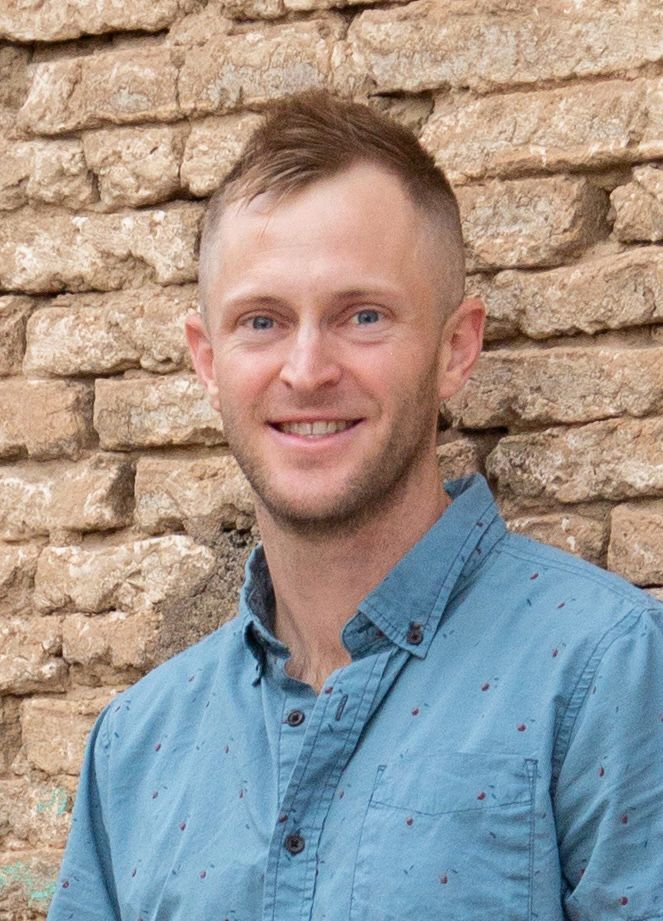By Jamison Watt
In recent years, I have toured the synagogues in Al Qosh and Shush, walked through the cave churches of Mar Mattai and Rabban Hormizd Monastery, and witnessed the Iraqi government adopting Yezidi holidays as national holidays. Whether in big cities or small villages, I’ve observed a deep appreciation for minority religions within the Kurdistan Region.
However, I’ve just returned from federal Iraq, where I spent several hours exploring Baghdad’s Turat neighborhood in search of traces of the city’s Jewish history. In 1940, Jews constituted almost 40% of Baghdad’s population, but most left by the end of the 1940s. It is shocking, then, that so little of their history survives. While wandering through Turat with a friend, we came across several old buildings—a yeshiva, a synagogue, and a rabbi’s house. All of these structures were in poor condition and being used in ways that limited their exposure or potential for restoration. In some cases, remnants of their previous religious significance were completely covered over. As I walked the streets that were once home to Jewish families, shopkeepers, and spiritual life, I couldn’t help but feel that this heritage was obscured, if not entirely erased.
In stark contrast, a different narrative is unfolding in the Kurdish Region. Events like the recent Kurdistan National Prayer Breakfast underscore the importance of mutual respect among faiths and honoring one another’s religious heritage—an essential component for building a unified and collaborative society in Kurdistan’s multiethnic, multireligious context. This quiet yet powerful movement toward multi-faith collaboration holds great potential to foster peace in a country that has been torn apart by war, often exacerbating divisions along ethnic lines.
Nevertheless, there is still significant room for improvement in acknowledging historical wrongs and addressing the need for better preservation and recognition of minority histories in the region. The Semel massacre of 1933, where over 600 Assyrian Christians lost their lives, is just one example among many. While peacebuilding often looks to the future, there is a critical need to confront past atrocities through efforts such as memorials, holidays, and public acknowledgments, including their inclusion in educational materials. Frankly speaking, there is still some verbal disrespect towards the region’s smallest religious minorities, such as the Yazidi and Kakai.
There are beautiful examples of multi-faith bridge-building that acknowledge historic injustices while forging a new path forward. For several years, Muslims and Christians in Mosul have collaborated on large reconstruction projects, such as rebuilding the al-Nuri Mosque and a 19th-century Dominican monastery that were destroyed by the Islamic State.
Ultimately, the greatest pathway to multi-faith collaboration that can create a “war-proof” society lies within people’s hearts. I will never forget the stories I’ve heard from Kurds expressing joy, respect, and admiration for the Christian and Jewish communities in their midst, as well as for the historic religious landmarks associated with these groups. A heart that respects another religious tradition—even that of a rural farmer—serves as a true barometer of progress in celebrating multi-faith heritage.
It’s important to note that to celebrate the religious heritage of others, we need not erase our differences. I have visited Iraq’s Sunni, Shia, Yezidi, Jewish, Orthodox, and Catholic religious sites. Although I do not subscribe to any of these faiths, I have found a sense of wonder and appreciation for the histories of these communities. Each mosque, synagogue, shrine, church, and monastery I’ve visited has offered a precious opportunity to glimpse the life and inner workings of these diverse communities.
Celebrating shared religious heritage provides a powerful foundation for multi-faith cooperation in Iraq, where diverse faith traditions have coexisted and contributed to a rich cultural and spiritual legacy. By recognizing these shared roots—like the Abrahamic heritage revered by Muslims, Christians, and Jews—Kurdistanis can reclaim a sense of collective identity that transcends sectarian divides. In a country aiming to heal from conflicts often rooted in religious division, honoring the spiritual heritage that unites rather than separates offers a way forward for multi-faith cooperation.

